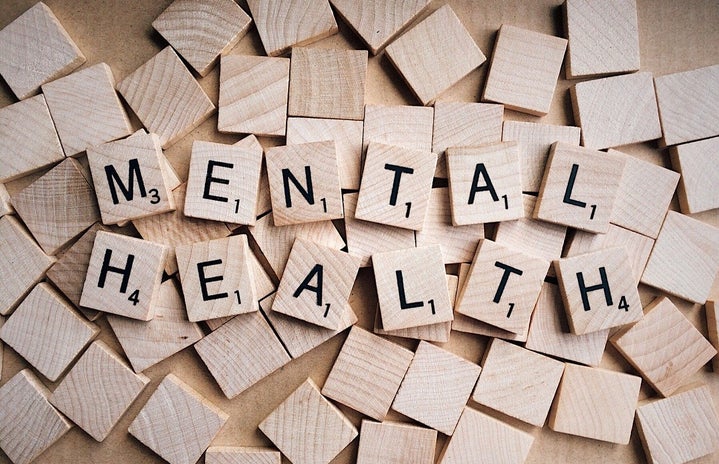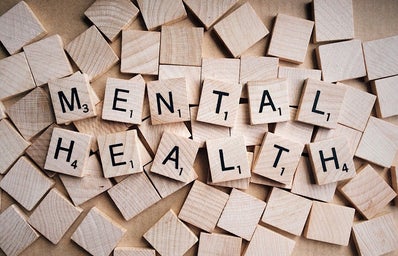According to the UK government, a mental health condition is considered a disability if it has a long-term effect on your normal day-to-day activity. Long-term is anything that lasts or is likely to last at least 12 months. The examples of mental health conditions the UK government gives are ones such as dementia, depression and schizophrenia.
The issue however, is how does this work if your employer, the government or healthcare professionals put your mental illness down to circumstance and believe it won’t last more than 12 months? What happens when you have a good couple weeks, where you can function like a neurotypical person? What do you do when your mental illness doesn’t stop you from functioning like everyone around you, so it doesn’t look too harmful to others but is shattering you inside?
Mental illness being considered a disability is a complex concept. Classing certain physical disabilities seems complex for the government and those symptoms are typically very visible, so how do those of us who have been diagnosed with a mental illness – or who likely suffer from mental illness, but either can’t get diagnosed or are scared to try – get any help?
I, myself was diagnosed with anxiety in December 2019. At one point I was medicated, I have been through – and am still utilising – counselling services and have worked really hard to work with my chemical imbalance to stop it from affecting me every day. However, in this now 2-year period of suffering from this illness, barring being signed off from work for 3 weeks right when I was diagnosed, I have never had any special arrangements or help in either jobs or university. No one has ever discussed with me that in fact my mental illness would class me as having a disability. Until I was filling out a job application a month ago that asked if I had a mental illness because that would guarantee me an interview, I had never considered my mental illness would class me as being part of the disability community.
There needs to be more discussion around mental illness in general, but also how it relates to disability. In no way would I ever want to take away from those who are experience physical disabilities, but if the UK government consider mental illness a disability, why did I – a person with diagnosed mental illness for almost 2 years – not know this? What support could I have accessed which I had no idea about? How might my life have been made easier through recognition of the daily impact of my illness on my life? How much difficulty would I have avoided if I had only been informed?


